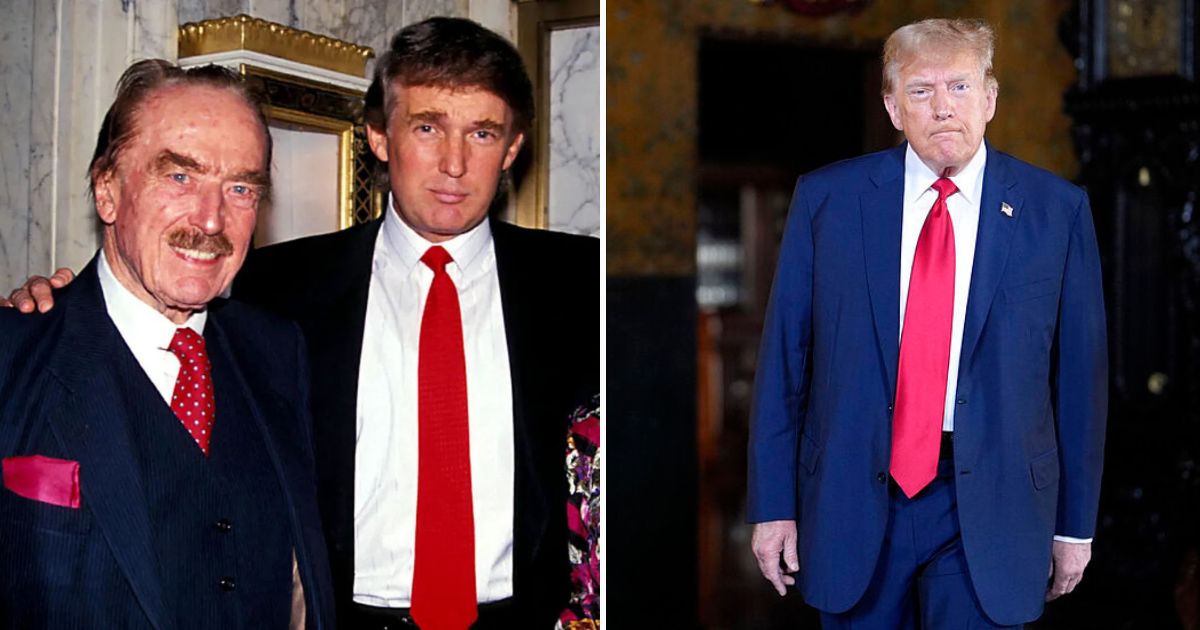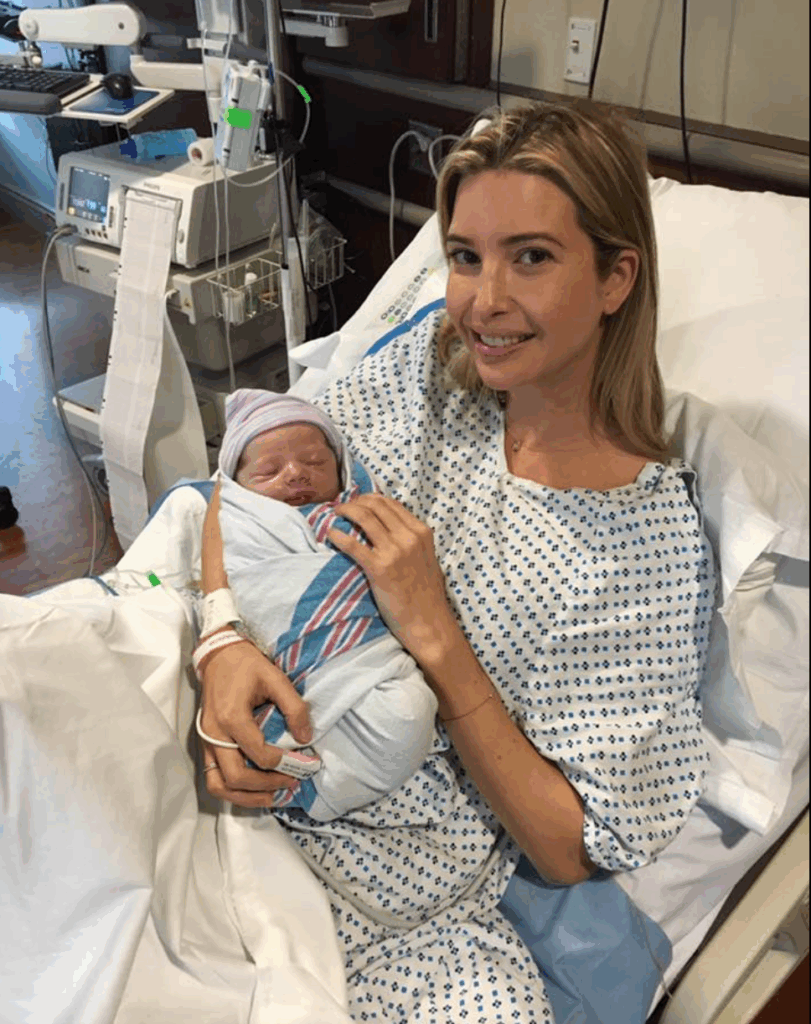
Over the span of several decades, multiple members of the Trump family have faced serious health challenges—ranging from cognitive decline and medical emergencies to conditions that resulted in premature death.
These personal struggles, revealed through a mix of interviews, medical records, and family recollections, offer a deeper look into the Trump family’s medical history, stretching from the 1950s to recent years.
Mary MacLeod Trump: A Near-Fatal Medical Emergency
The first major health crisis in the Trump family occurred during Donald Trump’s childhood. His mother, Mary MacLeod Trump, suffered a severe medical complication shortly after giving birth to her youngest son, Robert Trump.
Following a massive hemorrhage, Mary underwent an emergency hysterectomy and soon developed peritonitis, a potentially fatal abdominal infection. She endured four surgeries in just two weeks.
According to her daughter, Maryanne Trump Barry, the family was warned that Mary might not survive. Fred Trump Sr., her husband and a board member at Jamaica Hospital, used his position to bring in a top surgeon from Columbia University Medical School.
Although Mary survived the ordeal, she lived with lingering health concerns for the rest of her life. Despite her fragile condition, she returned to caring for her five children and remained active in community volunteer work.
Donald later described his mother as a dramatic and influential figure in his life, crediting her for shaping his public persona.
Fred Trump Sr.: Alzheimer’s and Its Impact on the Family
Fred Trump Sr., the family patriarch and a successful real estate developer, began showing signs of Alzheimer’s disease in the late 1980s—years before the condition was publicly confirmed.
As his condition progressed, the burden of care fell largely on his wife, Mary, who referred to the ordeal as living a “36-hour day.” In one particularly telling incident in the 1990s, Fred failed to recognize two of his own children at a family gathering.
However, he did identify Donald and approached him with a photo of a Cadillac, seemingly asking for permission to buy it—an action that reflected the cognitive confusion brought on by the disease.
Fred Sr.’s Alzheimer’s diagnosis added to the family’s growing awareness of mental and neurological health issues. His condition deeply affected those around him and marked the start of what appears to be a broader trend of cognitive struggles within the family.
Fred Trump Jr.: Struggles with Alcohol and an Early Death
Fred Trump Jr., the eldest of the Trump siblings, followed a very different path than his father or brother. After failing to gain admission to the Wharton School, he attended Lehigh University and became a well-liked student known for his humor and charisma.
He later became a commercial pilot for TWA, but his promising career was derailed by alcohol use disorder. Classmates and colleagues noticed worrying signs—falling asleep after drinks, excessive consumption, and declining professional performance. One friend from flight school described him as “well-mannered but with a major drinking problem.”
Fred Jr. died in 1981 at just 42 years old from complications linked to alcoholism. Donald Trump has since spoken about the profound impact his brother’s death had on him, frequently referencing it in discussions about his own decision to abstain from alcohol.
Robert Trump: Brain Bleeds and a Sudden Death
The youngest sibling, Robert Trump, passed away in August 2020 at the age of 71. His death followed a serious fall that resulted in brain bleeds, made worse by blood thinners he had been taking at the time.
Donald Trump visited his brother at NewYork-Presbyterian Hospital the day before he died. Following Robert’s passing, Trump described him as a “wonderful brother” and a quiet supporter throughout his presidency.
Though Robert had no biological children, he played a significant parental role in the life of Christopher Hollister Trump-Retchin, the son of his first wife, Blaine. In his later years, he married Ann Marie Pallan and lived largely away from the public spotlight.
Maryanne Trump Barry: Cognitive Decline in Her Final Years
Maryanne Trump Barry, Donald Trump’s older sister and a retired federal judge, passed away on November 13, 2023, at the age of 86. She was found unresponsive in her Manhattan apartment in the early morning hours, and her death was ruled free of trauma, pending a final cause from the Medical Examiner’s Office.
Prior to her passing, Maryanne was said to have shown signs of cognitive decline, although no official diagnosis of dementia or Alzheimer’s was publicly confirmed. Her judicial career had spanned decades, with appointments from Presidents Reagan and Clinton, and she was known for her sharp intellect and conservative judicial record.
John Walter: Unconfirmed Reports of Dementia
Another family member, John Walter, a cousin of Donald Trump, was also reportedly affected by dementia, according to a relative’s statement.
While there were no publicly released medical records or timelines, his condition was referenced alongside those of Fred Trump Sr. and Maryanne—suggesting a troubling pattern within the extended family.

Ivanka Trump: Postpartum Depression and Public Disclosure
In 2017, Ivanka Trump, Donald’s eldest daughter, revealed in a televised interview that she had experienced postpartum depression after the birth of each of her three children.
Although her pregnancies were described as “easy,” she said the emotional aftermath left her feeling as though she was falling short as a mother and professional.
Her openness about the issue helped bring renewed attention to postpartum depression as a serious mental health condition. Medical experts, including Dr. Jennifer Ashton of ABC News, emphasized that postpartum depression is more than just “baby blues”—it’s a diagnosable and treatable medical concern that can affect both mothers and fathers.


